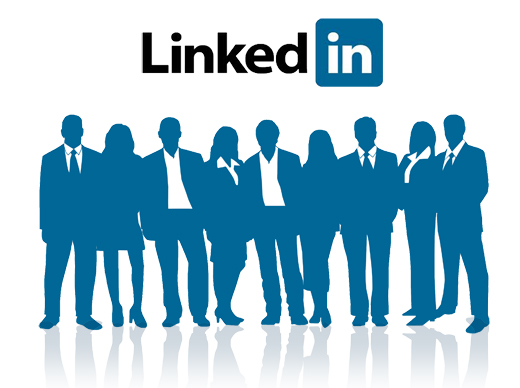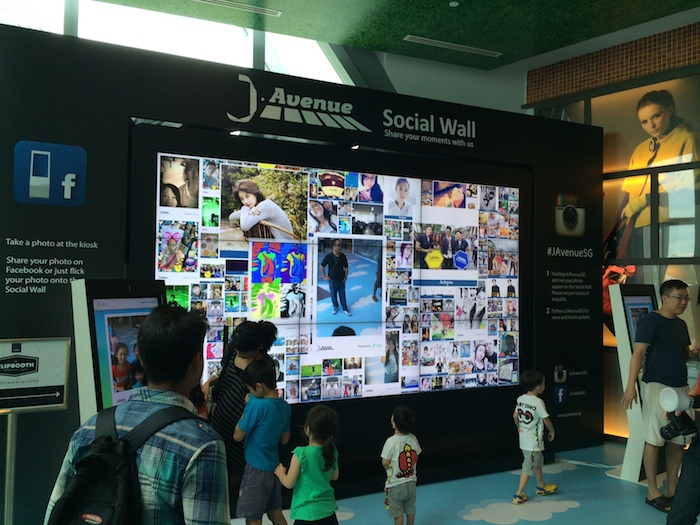Social media tools to help promote your event
Social media serves as a powerful and cost-effective tool to attract new customers, boost ticket sales, and cultivate customer loyalty for future events. Leveraging various platforms enables reaching diverse target groups and establishing a robust customer network.
Preparation:
- Define the demographics you aim to reach.
- Choose the appropriate social media channel based on your target audience.
- Ensure your bio/profile on social media is updated and conveys relevant information.
Here are some tips for using social media to promote your event, for the channels with the widest possible reach. Although each has a different market, it is a good idea to use multiple channels.
Below is a condensed version- for a more detailed look, please click here to go to our blog.
Promoting on Twitter
Creating a hashtag # that is unique to your event allows everyone to follow the conversations developing around it. Not only does it help with promotion, but it is also a great way to live-monitor social engagement during the event. You can offer free or discounted tickets to your followers as an incentive to share and use your hashtag, but make sure you always include your event link.
 Make sure you have eye catching images and post articles with relevant, interesting content to engage your reader and appeal to new readers. You may need to post more frequently on Twitter and try posting at different times, so you can measure what works best. A Twitter wall at your event displaying tweets and images with your hashtag can be a fun way to engage attendees.
Make sure you have eye catching images and post articles with relevant, interesting content to engage your reader and appeal to new readers. You may need to post more frequently on Twitter and try posting at different times, so you can measure what works best. A Twitter wall at your event displaying tweets and images with your hashtag can be a fun way to engage attendees.
Promoting on Facebook
Start your promotion early, and a great place to begin is by sharing your event with those who already follow you, as well as content from presenters or sponsors at your event, who can then share it with their audience. You can set up a Facebook event page, but make sure it has a great bio/description and image. Simple things such as ensuring you select the correct event categories and add tags are also important. If you can add a Co-Host, this can be valuable as it allows you to partner with someone who already has their audience to share your event with, reaching more potential attendees.

Utilise Facebook Live to help you reach a greater number of people, and to show those who did not attend what they are missing.
The Preferred Audience settings allow you to market your event to a certain targeted group which will increase your chances of your page being shown to those who are likely to be more interested. You can also use ads to drive potential attendees to your event page.
These days most Facebook users are on a mobile device, so remember to take that into account with ads and images.
Create Facebook Events and use our Facebook Event Integration. This feature seamlessly provides you with the ability to publish your Sticky Tickets event to one of your Facebook pages. All updates made to the event page once published will be updated across both Sticky Tickets and Facebook. This is a great new feature that makes creating events on Facebook so much easier. Any changes made to your event on the Sticky Tickets site will automatically be updated in your Facebook event.
** It is important to note that over one-third of all orders on Sticky Tickets come through Facebook, so publishing your event on Facebook is highly recommended!!!
Promoting on LinkedIn
LinkedIn is a business focused social network and can help you build a wider professional network and make new connections. The main users are slightly older, well-educated, and with higher incomes, so if your event is business related, LinkedIn is a great place to start. This audience tends to be more active on weekdays, so business hours are a good time to post.

You can provide a link to your event page in your status update and encourage your contacts to pass it on. Other ideas are setting up a Showcase page specifically for your event and publishing longer articles on the industry and your event with information on what to expect. Speakers and promoters may also want to share content to reach a wider audience.
LinkedIn groups are a great way to connect with others in your field and generally spread the word about your event. Start a discussion within the group and also promote your event (if the group rules allow it). Other options are to direct message influencers to ask them to share your event, pay InMail to relevant people, and also pay ads to reach specific industries or job titles.
Promoting through Blogs
Blogs are a powerful marketing tool, reaching a wide audience. A large portion of internet users read blogs, and more than 70% learn about companies through articles, as opposed to ads. Blogs are an effective way to position yourself as knowledgeable within your field and to promote your event.
Write a ‘press release’ blog announcing your event, reaching all your subscribers, and those already interested in your business. You can then share this through social media channels. Make sure your blog posts have relevant and interesting content to attract new readers, and you could also approach other sites to see if you can submit a guest post, or other popular bloggers to see if they will cover your event.
Promoting on Instagram
‘A picture tells a thousand words’ is a large reason why Instagram is a great platform to use for promoting your event. Instagram has a simple interface, is a great way to tell your story through images, and its engagement rate can be up to three times higher than other social media platforms. Also, if Millenials are a market you would like to reach, Instagram is hugely popular with this age group, with popularity quickly increasing among older age groups too. Here are some tips on how you can use Instagram in marketing your event. For more on using Instagram, please click here.

Post events on the FREE event listing websites
There are lots of event websites that allow you to list your events for free, creating the potential for people you don’t even know to share your events with others. Here is a comprehensive list of websites
Event Marketing and Registration Tools
Encourage ticket buyers to share that they have purchased a ticket to your event with their social networks. They can do this through the Sticky Tickets website.
In conjunction, you can send e-mails to your customers to let them know about future events. Always add the link to your event or organiser page to make it easy to buy tickets. This is a great way to invite your customers to events and to offer loyal customers incentives like discounted early bird tickets.

Use pictures to illustrate your event
You can easily upload pictures of your event from your smartphone or PC to various social media channels. If you can’t afford a professional photographer consider offering them a free ticket in exchange for their services. These days you don’t always need a professional photographer though to take good photos. Click here for some great tips on taking great photos with your phone. If you do use images taken by others, make sure to clarify the rights of the images before the event.
Use videos to showcase your event
Videos are a great way to show people what your events are all about. You can upload them to YouTube and share them via your Facebook page and Twitter, as well as your website.
Encourage your visitors to participate while at the event
Encourage attendees to participate while the event is happening. This could be anything from tweets and check-ins on Facebook, to comments, photos, and/or video posts of the event on your Facebook fan page. This interaction with your event visitors will continue to engage them after the event and also build loyalty for attendance at future events.
You can also participate in your event. Use real-time posts to promote your event and convince customers to buy tickets for future events. Set up a live news feed on your blog to keep your readers up-to-date. This is especially relevant for conference and seminar organisers as you can share your presentations on your blog.

Improve future events and keep fans updated
Ask for feedback from attendees and use this feedback to improve future events. People will appreciate their feedback being taken on board, and this will build loyalty for your upcoming events.
